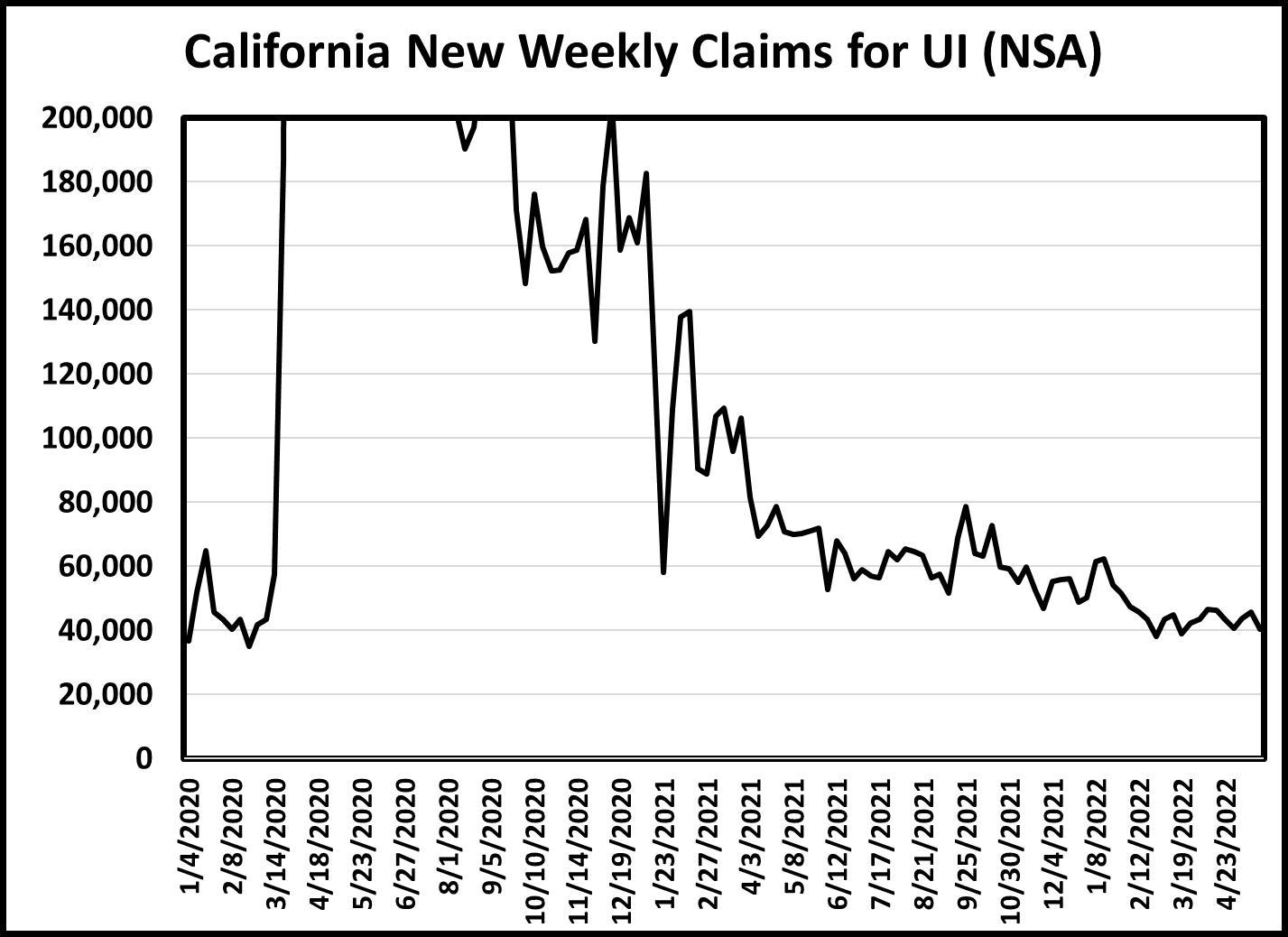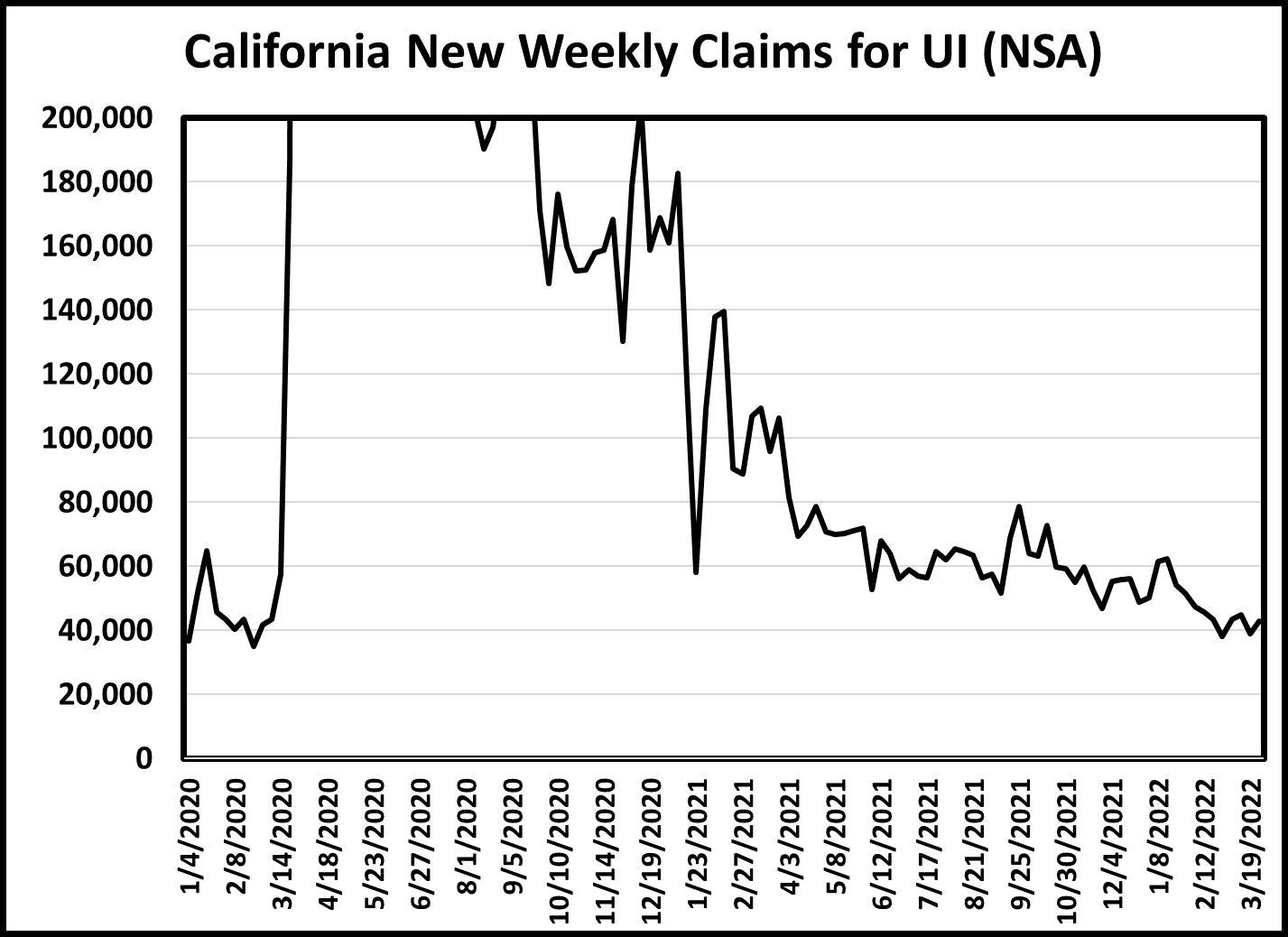Student Housing Thursday, May 05, 2022
Ackerman and Levine Dick Ackerman, a Republican and former state senator and Assembly member from Orange County, and Mel Levine, a Democrat and former U.S. representative and state Assembly member from Los Angeles, co-chair the California Coalition for Public Higher Education.* They write from time to time on higher ed issues in California. From CalMatters: Far too often, students at California’s public colleges and universities have had to sleep in their cars or couch surf in their friends’ apartments because they couldn’t afford permanent housing. It’s time to increase funding and remove obstacles so that the state public higher education system can create the housing students need. One in 20 University of California students, one in 10 California State University students and one in five California Community Colleges students have reported they were homeless at some point during the academic year. Even more students reported sleeping on a sofa, in a hotel or outdoors because they lacked permanent housing. Most CSU and CCC students now pay more for housing than tuition, and COVID-19 has driven up those costs, according to one recent survey.
The lack of affordable campus housing can harm our young people’s educational opportunities and, ultimately, the state’s economic future. In the past, public colleges and universities have built new housing with revenue bonds, which are repaid with students’ housing payments. But it’s difficult to keep student housing costs affordable while repaying these bonds. Assembly Bill 1602 by Assembly member Kevin McCarty, DSacramento, would create a $5 billion fund that would lend money interest-free to public colleges and universities to help construct an estimated 25,000 additional beds that would be rented to students at below-market prices. The fund would build on the Higher Education Student Housing Grant Program approved last year to award one-time grants of up to $2 billion over three years for campus housing. The Legislature should approve the first $480 million in grants proposed to create affordable housing for 3,545 students at UCLA, UC San Diego, San Francisco State, San Diego State and five community colleges: College of the Siskiyous, Fresno City, Imperial Valley, Sierra and Ventura colleges. Even with increased funding, creating new campus housing faces challenges under the California Environmental Quality Act. CEQA was the basis for the state Supreme Court’s recent decision to block enrollment increases at UC Berkeley. The Legislature and governor acted quickly to let students enroll. They also should move forward on Senate 102
UCLA Faculty Association Blog: 2nd Quarter 2022
































































































